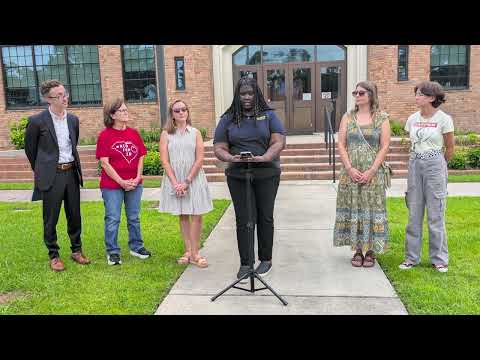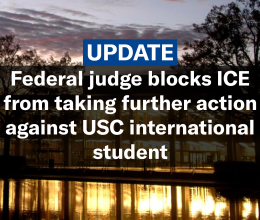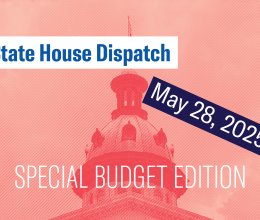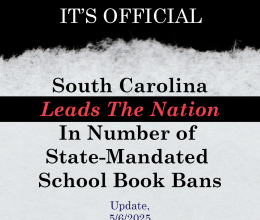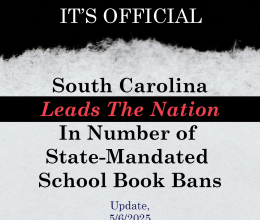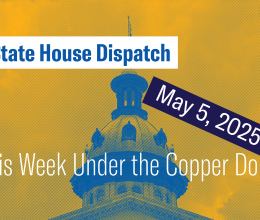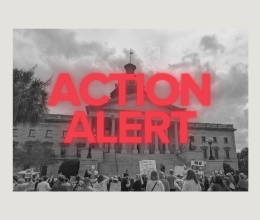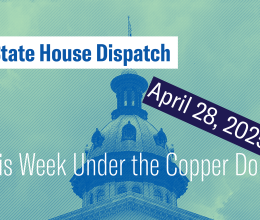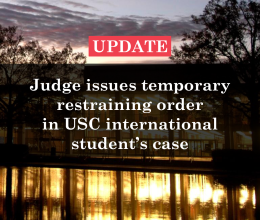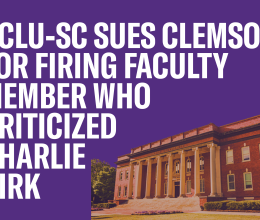
MONCKS CORNER – With the start of the school year just around the corner, families, educators, and civil rights leaders are calling on the Berkeley County School District to restore student access to the free virtual library Discus and explain why access has been blocked since February. Speakers will raise their concerns about censorship and share public records regarding the decision to block Discus.
Reporters can access the public records on Documentcloud and read a linked summary of findings in the PDF attached to this press release. (Update: A video of the press conference is available below.)
WHEN: Monday, August 4, 5:00 p.m., in advance of the school board meeting
WHERE: In front of Berkeley County School District office, 107 E. Main Street, Moncks Corner (in the event of inclement weather, the press conference will move to Grace Reformed Episcopal Church, 401 Stoney Landing Road, Moncks Corner)
WHO: Parents, teachers, students, and local leaders. Prepared quotes are available below.
Discus (originally an acronym for Digital Information for South Carolina USers) is an online collection of high-quality resources including encyclopedias, e-books, newspapers, maps, and videos. It has been available online via public schools and libraries for more than 25 years. Students and school librarians frequently use Discus as an age-appropriate database for research projects requiring reliable sources. The state provides this resource to all school districts free of charge via the South Carolina State Library.
In February 2025, with no word of warning or explanation to its own teachers and librarians, the Berkeley County School District abruptly blocked student access to Discus via district devices and WiFi networks. When members of the news media asked for an explanation, district officials said the controversy was a case of “manufactured outrage.”
The Berkeley County School District’s decision to block Discus came during a wave of increased censorship in schools across the state. Regulation 43-170, a broad rule banning books with descriptions of “sexual conduct” from K-12 collections and libraries, recently led South Carolina to become the state with the most school book bans. Public records obtained under the S.C. Freedom of Information Act suggest that the District chose to block Discus in response to Regulation 43-170, though the District has refused to fully explain its decision.
Six months later, concerned citizens are demanding access and demanding answers.
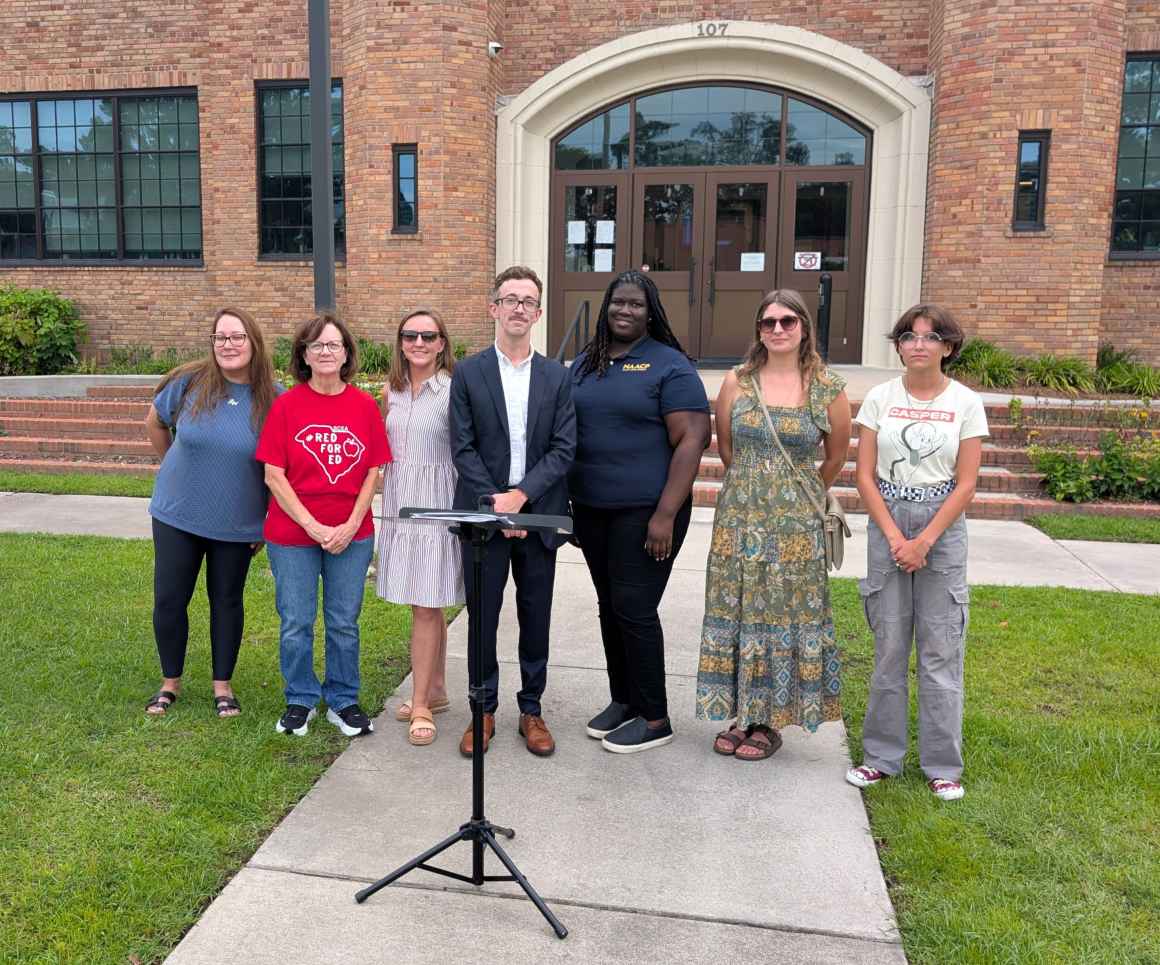
“Discus helps to provide both of my children with a variety of resources and supports,” said Mev McIntosh, a Berkeley County parent and former Berkeley County School District teacher. “From adaptive and immersive reader options, to advanced searches in research specific to in-depth topics, this database has been trusted and vetted for well over 25 years by teaching professionals. It is both disappointing and frustrating as a parent, taxpayer, and educator to see a district leave our children and our educators in the dark by removing this valuable resource.”
"When the school district decided to ban student access to Discus, my classmates and I were in the middle of weeks-long research for our English II Honors class. We instead had to use less reputable sources which were often blocked by district firewalls, my friends had to restart their papers on different topics and the experience caused significant barriers to my education," said River Tejeda, a rising 10th grade honor student at Cane Bay High School. "My question to Berkeley County School District is why they are hindering my education and access to high-quality research material without cause. My ZIP code shouldn’t mean that I am receiving a lesser education than my peers in neighboring districts and across the country. Please don’t limit the quality of my education and my future by making decisions hastily and without reason."
“The removal of DISCUS raises urgent questions about the district’s commitment to educational equity,” said Sharina Haynes, President of the NAACP Goose Creek Branch. “We are troubled by the lack of transparency surrounding this decision and its potential impact on student learning and access to information.”
“Discus is an important tool that needs to be available for all students to use under the supervision of their teachers,” said Dena Crews, President of The South Carolina Education Association. “Students should be able to use this platform for comprehensive research. We should trust our teachers as well as the state library to provide the necessary resources that our students are able to use to further their instruction.”
“The public deserves answers from Berkeley County Schools about this self-defeating act of academic censorship,” said Paul Bowers, Communications Director for the American Civil Liberties Union of South Carolina. “Students have a right to access information. Particularly at a time of rampant misinformation, protecting that right is more important than ever.
